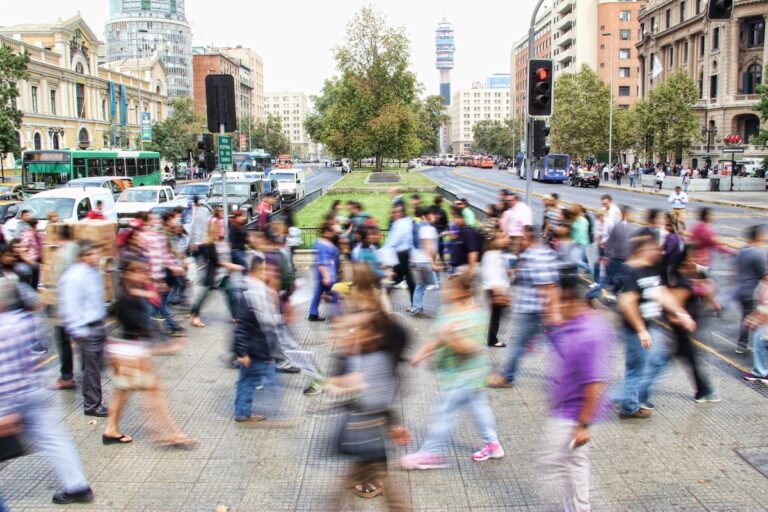
Resilient Communities
RESILIENT COMMUNITIES The global pandemic of Covid-19 exposes the leaks of an economy-driven and globalized culture. Habits, lifestyles, and social paradigms have been overturned together
90% of this increase will predictably take place in Asia and Africa. A population that by 2050 will eat, drink, and consume more natural resources, while we are already struggling today to satisfy basic needs. A growing global population with deteriorating natural resources and increased urbanization means more people to feed with less water, farmland, and rural labor.
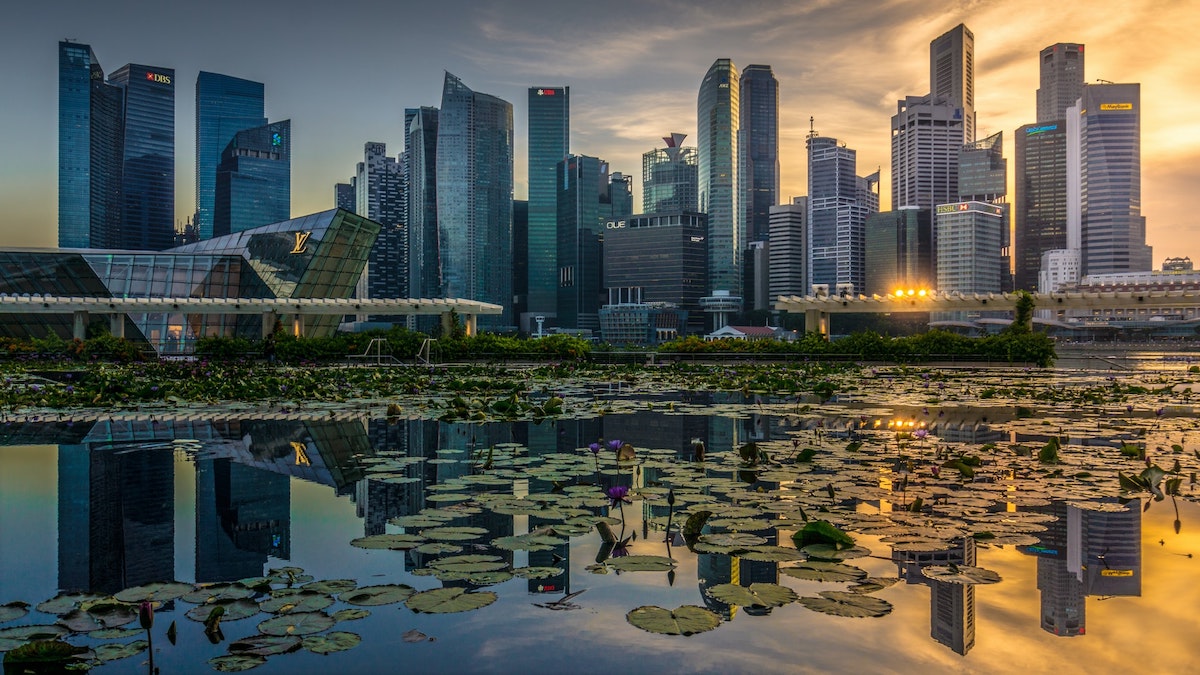
The course modules in the Regenerative Cities track are addressed through masterclasses and live conversations with experts in the field. The masterclasses are live sessions or thematic videos recorded by experts and provide a general overview of the topics. The current situation and future challenges are further explored and identified.

RESILIENT COMMUNITIES The global pandemic of Covid-19 exposes the leaks of an economy-driven and globalized culture. Habits, lifestyles, and social paradigms have been overturned together
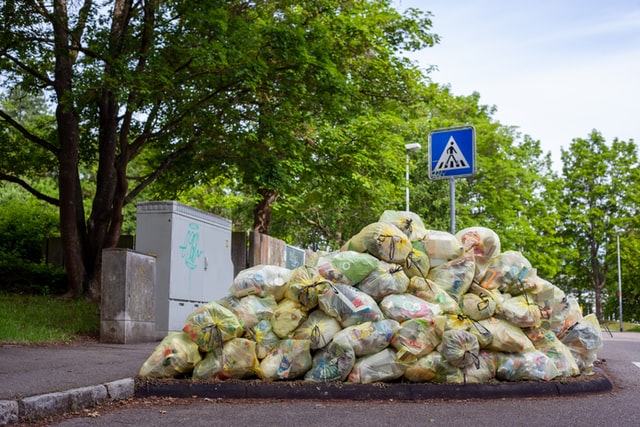
Cities are already today, the principal center for the production and consumption of our society. This role will be further strengthened in the near future, when almost 70% of the global population (nearly 7 billion people) is predicted to live in urban areas by 2050.
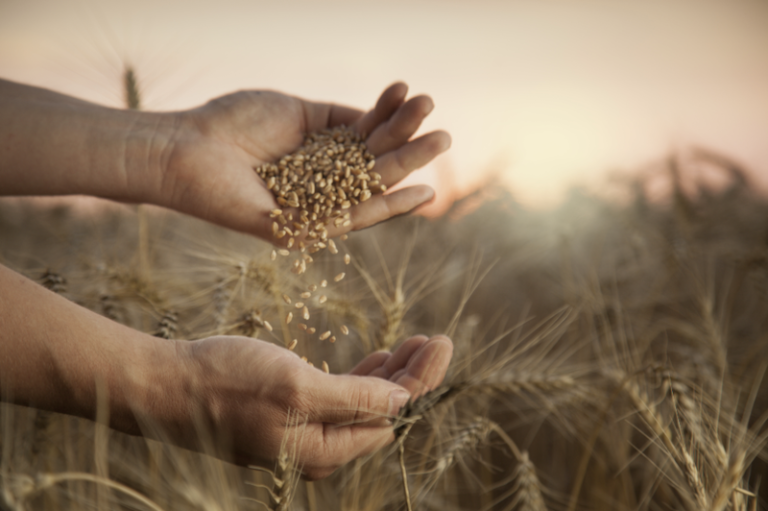
Each food has a different ecological footprint. This means that through our food choices and diets, we can contribute to worsen or mitigate the effects of climate change.
Our open conversations between Future Food and experts dig deeper into thematic topics. Content focuses on sharing insights from daily practice, discoveries, and future solutions. These live sessions are interactive with the possibility to ask questions.
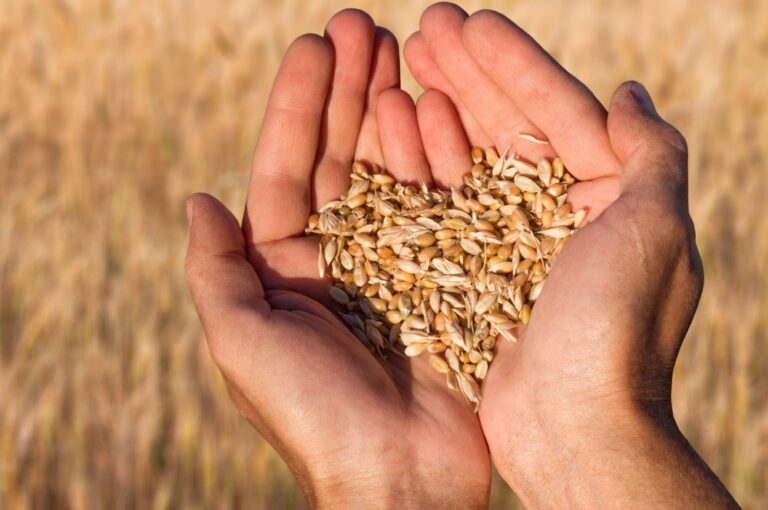
To feed a growing population, we urge to reshape the cities of tomorrow through the sustainability lens and reverse the current culture of abundance based on expectations of large quantities of food at low costs.

Nutrition education plays a crucial role in promoting healthy and sustainable diets for all. In many parts of the world, professional training in nutrition education remains scarce.
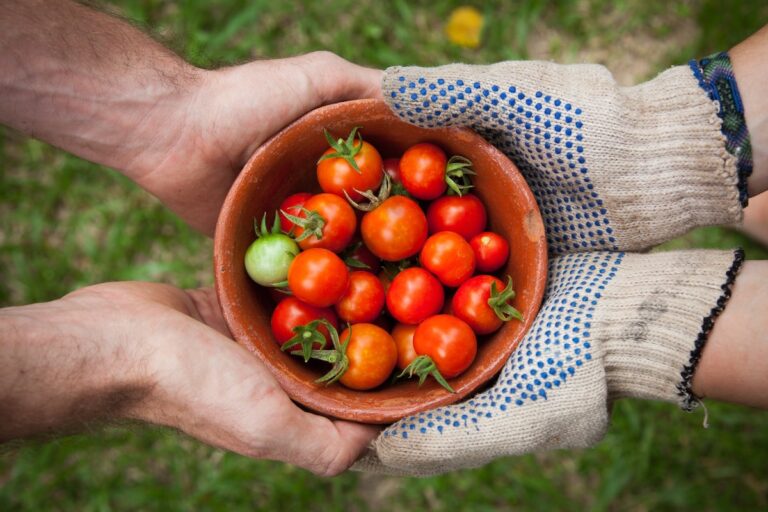
Community-supported agriculture can improve access to and consumption of fresh produce, but the upfront payment structure, logistical barriers, and unfamiliarity with produce items may inhibit participation by low-income families.
Team Leader, FAO Nutrition Policies and Programmes
Global Movement Coordinator, Too Good to Go
Deputy Director, The Ministry of Agriculture, Forestry, and Fisheries, Japan
Integrative Medicine Doctor, Fresh Med
Food Quality, Safety, and Sustainability Expert, CAMST
Founder, Mygrants
Campaigner, Foodwatch Netherlands
Technical Coordinator, FAO ‘Food for the Cities’ program
Urban Farmer & Farming Consultant, Tokyo
Head of International Institutional Affairs, ENEL
*Guests vary depending on the program location and timing, however this list will give you an idea of the type of speakers involved in the Regenerative Cities track.
| Cookie | Duration | Description |
|---|---|---|
| cookielawinfo-checkbox-analytics | 11 months | This cookie is set by GDPR Cookie Consent plugin. The cookie is used to store the user consent for the cookies in the category "Analytics". |
| cookielawinfo-checkbox-functional | 11 months | The cookie is set by GDPR cookie consent to record the user consent for the cookies in the category "Functional". |
| cookielawinfo-checkbox-necessary | 11 months | This cookie is set by GDPR Cookie Consent plugin. The cookies is used to store the user consent for the cookies in the category "Necessary". |
| cookielawinfo-checkbox-others | 11 months | This cookie is set by GDPR Cookie Consent plugin. The cookie is used to store the user consent for the cookies in the category "Other. |
| cookielawinfo-checkbox-performance | 11 months | This cookie is set by GDPR Cookie Consent plugin. The cookie is used to store the user consent for the cookies in the category "Performance". |
| viewed_cookie_policy | 11 months | The cookie is set by the GDPR Cookie Consent plugin and is used to store whether or not user has consented to the use of cookies. It does not store any personal data. |